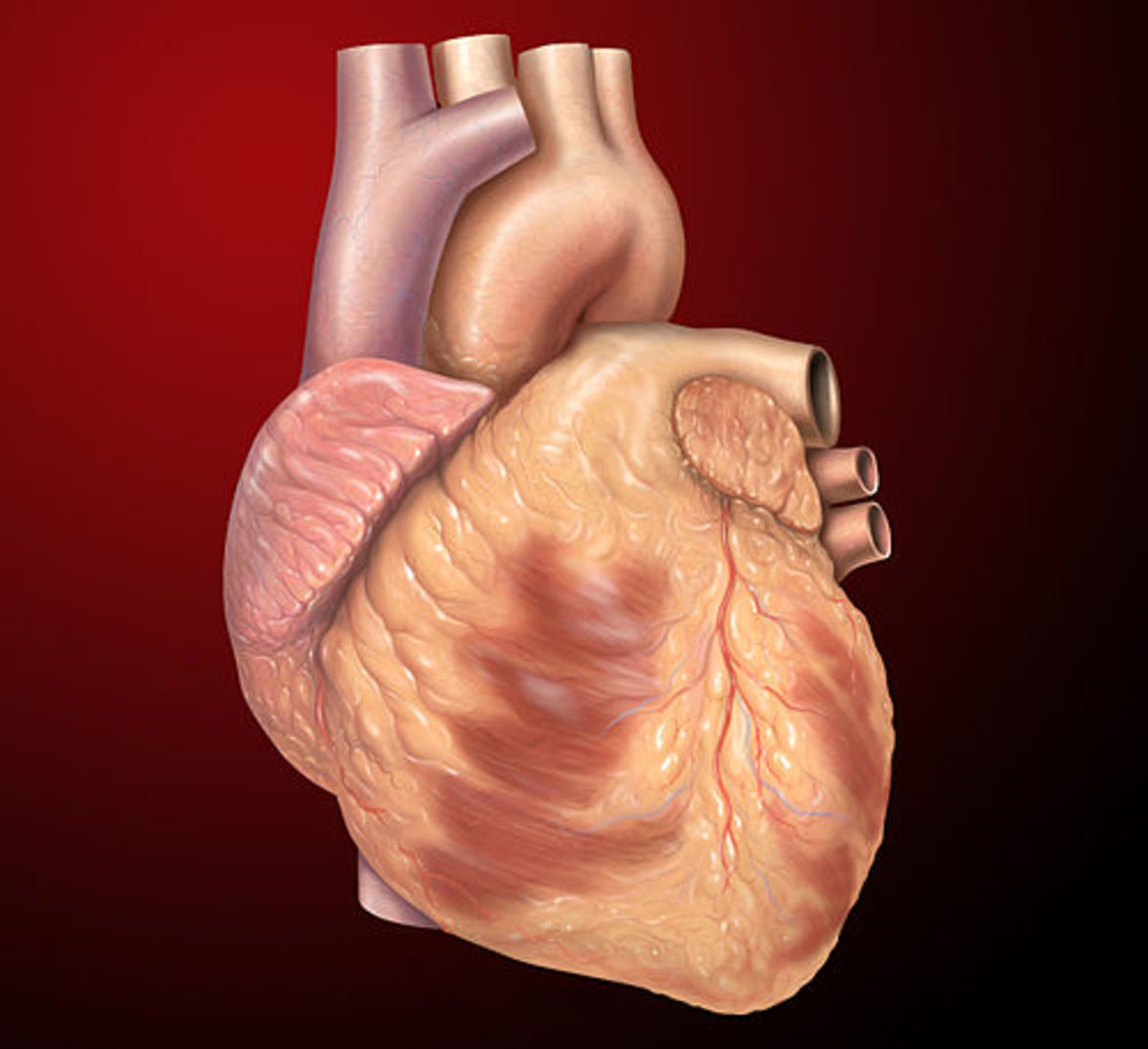It's Not Your Fork

Health Risks
Why do so few people give thought to physical fitness? Many may feel that they are too busy to exercise-or even downplay the importance of regular exercise. Why wait until you are sick before giving thought to your health? As people of all ages in the United States become more sedentary, health risk including heart attack and stroke increase. The cost of a heart attack can financially devastate people. Surviving a heart attack poses even more challenges including paying for the costly medical bills.
Illness
The lifetime cost of treating less severe heart attacks can reach $760,000. For a severe heart attack, the cost can reach $1 million. The figures include indirect costs, such as lost productivity, as well as direct costs, such as hospitalization. The costs of treating strokes vary more, depending on the length of care required, Galbraith says. If a long-term stay in a nursing home is necessary, the lifetime cost could reach $2 million.
Exercise
Regular exercise benefits everyone-from toddlers to parents to the aged. It is especially good for those who are overweight or do sedentary work for a living. For exercise to be beneficial there must be a certain degree of regularity about it. We can remind ourselves of its importance in various ways to have a routine. Some make it a point to get up a few minutes earlier each day for the sake of exercising. Others have found it helpful to walk instead of ride whenever that is convenient and to climb stairs instead of taking the elevator. Many forms exercise benefit both the muscles and the nerves, such as push-ups, jogging, and walking. All of them are free and can be done at home, in the office, or during a work break.
Sedentary Occupations
Jogging, walking, or stationary running are examples of beneficial exercises for workers engaged in sedentary occupations and who tend to put on weight. Why? These exercises tend to strengthen the lungs and heart, are easy and free, and are valuable for overall health.
Motivation
Try thinking like a physically fit person. Examine all of the excuses not to exercise including busy work and home schedules, the kids, the family, etc. If you have children and they are shuttled from one school game to the next, think of how you would benefit from an exercise schedule just for yourself. The desire to look and feel better are realistic goals. All you need is motivation and commitment.
Did I Eat That?
The most common failing with diets is eating too much. Self-control at the dinner table can be accomplished. How? By enjoying one plate of dinner or one serving of a healthful snack. Convince yourself that it pays to do so. Try it out for a month and note the difference in how you feel. Some find it helpful to make it a rule not to take more than one helping of any one food, especially if they eat more than one variety at a meal. Others find it helpful to cut down on the number of different foods they eat at one meal. When desert is served, try eating one-half of a portion. After two weeks, contemplate fruit as a desert instead.
Holidays and Parties
When attending or hosting a party or holiday gathering, eating slowly helps to avoid overeating. If you find that you may have eaten too much, you can skip the next meal. People who gain excess weight during the major food holidays are more than likely overeating all of the other days of the year
Rest, Relaxation and Sleep
Sufficient rest and sleep come naturally for some. For others not so inclined, this could take effort. Attempting to be active every waking moment is counter-productive to a healthy life. Sleeplessness may be the payoff for not eating right or neglecting exercise. Alternatively, it may be due to anxiety and frustrations. Clear house of these and sound sleep may follow. The key is self-control.
A Good Laugh
"Laughter activates the body’s natural relaxation response. It’s like internal jogging, providing a good massage to all internal organs while also toning abdominal muscles." - Dr. Gulshan Sethi, Head of cardiothoracic surgery, Tucson Medical Center. “The magnitude of change we saw in the endothelium is similar to the benefit we might see with aerobic activity, but without the aches, pains and muscle tension associated with exercise. We don’t recommend that you laugh and not exercise, but we do recommend that you try to laugh on a regular basis. Thirty minutes of exercise three times a week, and 15 minutes of laughter on a daily basis is probably good for the vascular system.” - Dr. Michael Miller, Director of Preventive Cardiology, University of Maryland Medical Center.








